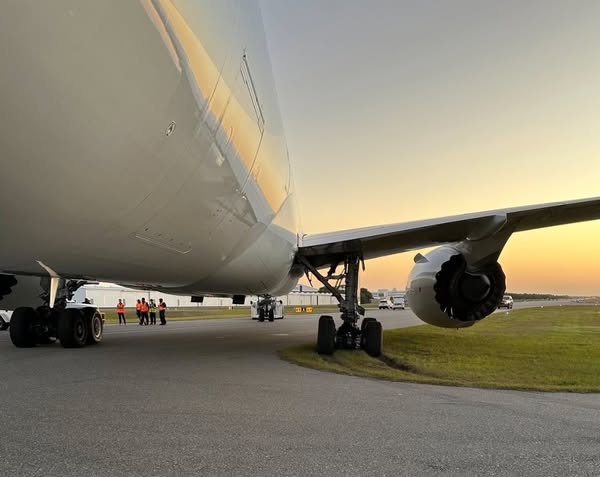
A remarkable ruling of the European Court of Justice: in the case of a long delay, the airline which must pay the compensation owed to passengers is not the airline which leased the aircraft and its crew under an ACMI (Aircraft, Crew, Maintenance, Insurance) contract, but the airline which decided to perform the flight
Mr Wolfgang Wirth and other passengers reserved a flight from Hamburg (Germany) to Cancún (Mexico) with the TUIfly. In order to operate that flight, TUIfly used the aircraft and crew of another airline, Thomson Airways, under a ‘wet lease’ contract. In that regard, the booking confirmation stated that the bookings were issued by TUIfly, but that the flight was ‘operated’ by Thomson Airways.
Since the flight was significantly delayed, Mr Wirth and the other passengers claimed from Thomson Airways the compensation to which they considered themselves entitled under the Regulation on Air Passenger Rights1. Thomson Airways refused to pay the compensation on the ground that it was not the operating air carrier for the purposes of that regulation.2
According to Thomson Airways, given that TUIfly bore the operational responsibility for the performance of the flight, the claim for compensation must be brought against the latter only.
It is in that context that the Landgericht Hamburg (Regional Court of Hamburg, Germany) asked the European Court of Justice to clarify the concept of an ‘operating air carrier’. In today’s judgment, the Court holds that an airline which decides to perform a particular flight, including fixing its itinerary, and, by so doing, offers to conclude a contract of air carriage with members of the public must be regarded as the operating air carrier. The adoption of such a decision means that that air company bears the responsibility for performing the flight, including, inter alia, any cancellation or significantly delayed time of arrival.
Accordingly, an airline, such as, in this case, Thomson Airways, which leases an aircraft, including its crew, under a wet lease agreement to another airline, but does not bear the operational responsibility for the flight, cannot be regarded as the operating air carrier for the purposes of that regulation. It is irrelevant in that regard that the booking confirmation of the flight issued to passengers states that the flight is operated by the former airline.
1 Regulation (EC) No 261/2004 of the European Parliament and of the Council of 11 February 2004 establishing common rules on compensation and assistance to passengers in the event of denied boarding and of cancellation or long delay of flights, and repealing Regulation (EEC) No 295/91 (OJ 2004 L 46, p. 1).
2 According to the regulation, compensation must be paid by the ‘operating air carrier’.



